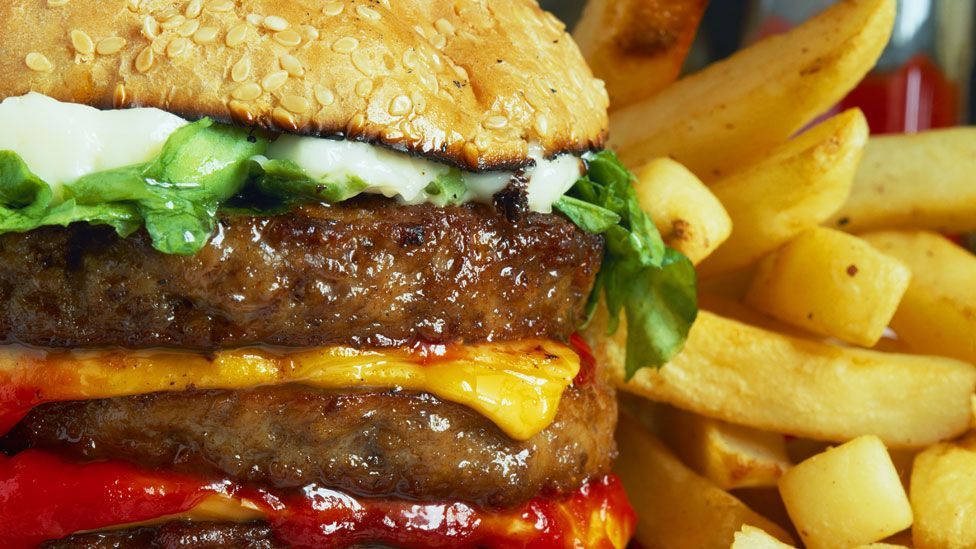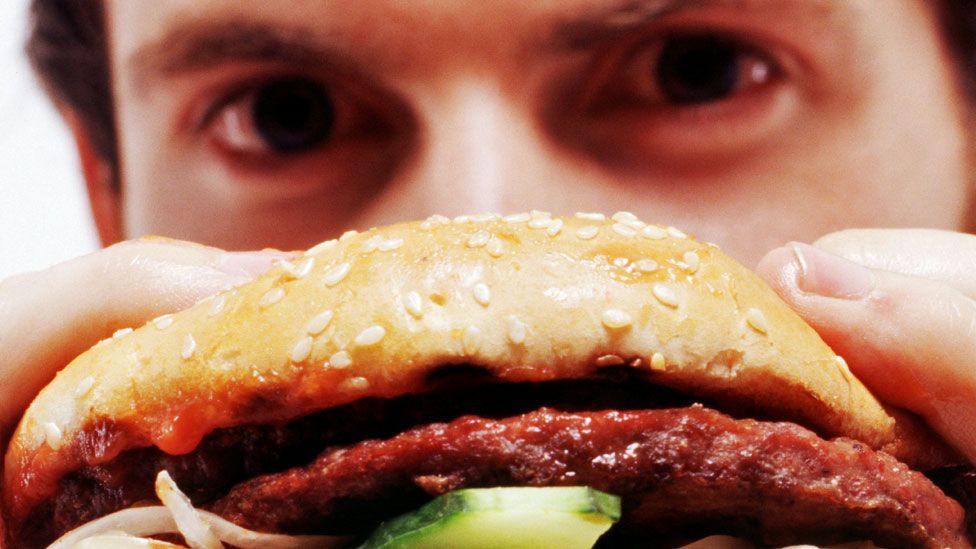When the Light
fades
all around you,
and the Path
seems overgrown,
there is another way,
there is
another Day.
Through Prayer,
the Light will Dawn
to show you
the Love of God
that dwells deep
within your Sacred
Heart.
.
We
all traverse a humble path,
from the mountains of our imagination
to the valleys of our sorrows.
Beyond the moment
this breath of Life
inspires,
we share every Tomorrow
of our
desires.
.
We are looking
to be so Happy
in the now,
and filled with Joy
in every moment.
.
While
we really do not know
to cast our eyes
upon the Beautiful Sea
of Skies above us,
and sink
our Hearts into the deep Oceans
of Love
that surround us.
Life
is sailing in a Sea of Light.
.
Love’s pure Beauty
will Triumph over all things
great and small,
and tells us
God Knows
who we really are,
and
how our feeble Heart
can lift our Mortal
veil of fear.
When the night
seems endless,
and
Hope is laced with tears,
please remember,
you may feel all alone,
but we are one
with all things and everyone
around us.
.
Knowing
soothes the mind and softens the Heart
in Tranquility.
Our Faith
transports us to a Place
of Inner Peace.
Prayerful Meditation
makes us think deeper
and into the Essence
of Life.
It helps us to focus
and quiet the noise around us,
so we may mold our deeds
into poetry and pleasantries,
and share our experiences
beyond the
Bubble of Life.
There is
so much more to this Life.
.
Awareness
of God’s Love
releases our fears
and brings Peace
to our Hearts.
You
will never cease to be amazed
at how many Beautiful Blessings
there are in this World.
.
Evidence of God’s Love
is in
every leaf of every Tree,
every Flower,
and every blade of grass
that is
or will ever be.
for others,
makes you really
Happy.
.
There is
a Gift in us all.
There is
a Beautiful Harmony.
.
If
we surrender to the Flow
of Love,
the Path becomes
a way to Know –
Thy Self.
We are all Light,
and all connected.
“You are the Light of the World.
A town built on a hill cannot be hidden.
15 Neither do people light a lamp
and put it under a bowl.
Instead they put it on its stand,
and it gives light to everyone in the house.
16 In the same way, let your light shine
before others,
that they may see your good deeds
and glorify your Father in Heaven.
– Matthew 5:14-16
Everything you want,
is already yours.
Ask
and receive it.
“Therefore I tell you,
whatever you ask in Prayer,
Believe that you have received it,
and it will be yours.”
This verse is similar to other passages
in the Bible
that speak of Prayer and receiving by
Believing.
– Mark 11:24
Appreciate
the Beautiful abundance
that is all around you.
Let your Love
amplify
the positive energy
flowing into your Life.
Let
the Kindness and Compassion
that exists within you,
into the Lives
around you.
Goodnight.
Is fast food making us depressed?

The people entering Felice Jacka’s offices over the next few months will be in the throes of depression. She wants to help them – but her approach is unorthodox. Her team at Deakin University in Australia won’t be trying out a new cocktail of drugs. Nor will they be mulling over the patient’s childhood, their jobs, or their marital difficulties to help them cope with their problems. Instead, she wants them to talk about food.
If Jacka is right, changing their eating habits could be a key part of these people’s recovery. She has good reason to believe this; over the last few years, a series of striking findings have begun to suggest that fatty, sugary diets are bad for the mind, as well as the body. The result is a cascade of reactions in the brain that can eventually lead to depression.
Although the link is by no means proven, the fear that we are eating our way to depression is already prompting governments to take action. The US Department of Defence is now funding a trial that will deliver daily nutrient-rich food parcels to a group of former soldiers, to see if it can reduce suicide rates in army veterans. And at the start of this year, the European Union launched the 9m euro MoodFood project to further explore the way different nutrients may influence our minds. Certainly, no one is suggesting that a new diet should immediately replace existing treatments; Jacka’s volunteers will still be taking their medications as well as changing their eating habits. But if healthier eating can improve their recovery rate – or prevent some people developing symptoms in the first place – it would make for a simple, complementary way to help tackle mental illness.
‘Mind and body’
To grasp why your favorite dishes could be influencing your mental health, you first need to understand a strange aspect of the mind-body connection that first came to light 20 years ago. At the time, doctors were concerned that the stresses of poor mental health would weaken the body’s immune response, leaving them open to infection. Instead, they found the exact opposite was true; in people with depression, the immune system seemed to be going into over-drive. For instance, the blood of depressed people was awash with a particular type of protein, called cytokines, which normally lead to inflammation after illness or injury.

(Thinkstock)
As the scientists pressed on, it became clear that this was a two-way process: not only could depression cause inflammation, but crucially, inflammation from other causes seems to be triggering depression. Some grounds for this link came from diseases that are known to send cytokines flushing through the body, like arthritis or cancer; patients often report depression before a diagnosis has even been made. “The people become depressed even before they know that they have cancer, and it ties in with the high levels of cytokines” says Michael Maes at Deakin University in Australia, who has pioneered work on the biological basis of depression.
More solid evidence comes from an ingenious experiment by at the University of California, Los Angeles. Her study involved injecting healthy volunteers with small fragments of the E. coli bacteria; it’s not enough to trigger food poisoning, but it nevertheless kicks the volunteer’s immune system into action, causing a release of cytokines. Although all the participants going into Eisenberger’s lab were reasonably happy and healthy, over the course of the day they began to develop many of the feelings you would normally associate with depression: their mood dipped and they were more sensitive to social slights, reporting feelings of disconnection and loneliness. And when Eisenberger asked them to play a computer game, for real cash prizes, the subjects appeared to take less pleasure in their wins than those who had not been injected with the fragment of bacteria – changes that were also reflected in scans of the brain’s reward circuits. An inability to feel pleasure, called anhedonia, is one of the most common symptoms of depression.
Evolutionary hangover
Lethargy during illness may have made sense during our evolution, says Eisenberger. “When dealing with infection, you would want to slow down, withdraw, and use your energy to recuperate instead of going out,” she says. But if, for whatever reason, the effects linger in the long-term, the results could be devastating; besides dampening your mood, inflammation can exacerbate oxidative stress in the brain. Oxidative stress, caused by toxic ‘free radicals’, could itself cause depression, since it can kill neurons, erode the brain’s long-range connections and disrupt the brain’s chemical signalling – sweeping changes that seem to come with long-term mental illness and may well contribute to the symptoms.
The upshot is that we may need to think about depression in an entirely new light – as a disease of the body as well as the mind. If so, many more things, besides life’s stresses, could put us at risk. Poor general fitness, smoking, and alcoholism are all known to increase an inflammatory response. And so, feasibly, could your diet: high fat and sugar levels – and the fatty tissue that results from it – are known to increase inflammation and oxidative stress. Conversely, certain nutrients such as omega-3 fish oils and minerals like zinc and selenium are anti–oxidants that can reduce inflammation and mop up some of the toxic chemicals, while boosting others that can help the brain to heal from damage.
Proving that this really can explain certain kinds of depression has been no mean feat, however. Although a few early studies had shown that people with depression often have a deficiency in nutrients like zinc, and that offering food supplements could improve their symptoms, the experiments were often poorly designed. “The whole area had been dogged by poor trials with small sample sizes,” says Jacka. As a result, it was difficult to know if the findings had just arisen by chance.

Fish oils showed a positive impact on mental health (SPL)
But around 2010, three landmark papers caused more doctors to sit up and take notice. One took place in southern Europe, where doctors were charting the transition from the traditional Mediterranean diets, full of seafood, olive oil and nuts, to the fast food served in the rest of the West. Besides studying the risks of heart disease and diabetes, the scientists also looked at the 10,000 participants’ mental health. The differences were striking; those who lived almost exclusively on the traditional Mediterranean diet were about half as likely to develop depression over the period as those eating more unhealthy food – even when you control for things like education and economic status.
Around the same time, psychologists examining UK civil servants – in the famous ‘Whitehall’ studies – found exactly the same pattern; over the course of five years, people who regularly indulged in processed, high-fat and high-sugar foods were about 60% more likely to develop depression over the same period. Then Jacka confirmed the results with a further 1,000 Australian volunteers. Finally, the ball started rolling. “Over the following years we’ve seen an exponential growth in the number of studies,” says Jacka. Perhaps the best evidence came this year from the lab of Frank Hu at Harvard University, who directly traced the contributions of certain diet patterns with levels of cytokines, and depression; sure enough, foods rich in olive oil, leafy vegetables and wine reduced inflammation, and slashed the risk of depression by about 40%, compared to the ‘pro-inflammatory diet’, which includes sugary drinks, processed grains and red meat.
Getting well
Even your water supply might be having an impact, according to a recent study by Leigh Johnson at the University of North Texas Health Science Center. She was recently studying the mental health of people in the western parts of the state – a rural population who still draw their drinking water directly from nearby wells. Crucially Johnson found that levels of the mineral selenium – an anti-oxidant that can combat inflammatory stress and which is also involved in brain signalling – in the well water had a direct impact on the chances of depression. People drawing water from wells with the highest levels of selenium, had about 17% lower scores on a standard measure of depression, compared to those in other areas. “That is very high,” says Maes. “It’s a really amazing result.”
As provocative as these findings are, the researchers will readily admit that there is still a long way to go before we can be sure of these conclusions. Eisenberger, for instance, acknowledges that certain foods can increase our inflammatory response, but she says it wouldn’t be as pronounced as the effects seen in her E. coli study. So it’s not clear that a poor diet would be enough to set you on the road to full-blown depression. And Johnson says that we should be careful not to over-generalise the results. “There are so many factors that can affect how depression could present itself in a patient,” she says. Your genes, lifestyle, and personal circumstances could all play a role. With so many different paths, it will be important to identify who would and wouldn’t benefit from better nutrition.

(SPL)
Some of these issues will be addressed in the next wave of studies. So far, the results have mostly come from observational studies watching people’s existing behavior, but the researchers are now trying to actively change people’s diets in randomised trials, to see how it changes someone’s mental health. Success is by no means guaranteed; apparent correlations seen in observational studies can sometimes evaporate to thin air when you try more active measures to intervene in people’s lives – either because some other explanation lay behind the apparent effect, or because the interventions themselves are not practical. It is possible, for instance, that people at risk of depression may find it more difficult to change their eating habits, if they are already facing other stresses.
Surprise finding
Yet a chance finding by Charles Reynolds at the University of Pittsburgh offers some room for optimism. He had originally been testing a new form of psychotherapy in a group of older African Americans. “These people have a disproportionate burden of risk factors for depression,” he explains. Although they hadn’t been formally diagnosed with depression, his hope was that the therapy would offer some kind of protection against mental health problems in the future. As a comparison, half the group were given simple advice on how to eat more healthily – basic stuff on ways to eat delicious, nutritional meals on a low budget. Reynolds didn’t expect such a simple lifestyle change to heal his visitors’ minds – he just wanted to use it as a baseline, allowing him to measure the benefits of the ‘real’ therapy.
Two years later and it was clear that something very strange was going on. As expected, the people taking the psychotherapy had a reduced risk of developing depression; but so had the diet group, to an extraordinary degree; they were about half as likely to develop depression as you would expect for this kind of group, says Reynolds, and they reported a noticeable elevation in mood. “We were surprised, frankly,” says Reynolds. Importantly, these improvements came from minimal contact with the subjects – around 10 hour-long sessions across the two years. “That’s a remarkably short period of time to get the magnitude of effect that we saw.” His results were recently published in the American Journal of Psychiatry.
In line with Eisenberger’s earlier reservations, Reynolds points out that there are many reasons why the change in diet could have been so successful – and the potential anti-inflammatory effects are only one. Preparing more healthy meals is, in itself, a rewarding experience that boosts self-confidence, he says. “You might then believe that you can cope with other difficulties and respond adequately,” says Reynolds.

(Thinkstock)
Either way, the result has enthused Jacka about her own upcoming trial in Australia. Unlike Reynold’s study, she is trying to find out whether it can relieve the symptoms in those people already diagnosed with depression. Her subjects will have regular meetings with a dietician, who will advise them on the best ways to improve the nutritional value of their meals. Along the way, Jacka is taking blood tests to see if she can forge a more concrete link between components of the diet, levels of inflammation and oxidative stress, and the volunteers’ ongoing symptoms. If the visits to the dietician have a big enough effect on their recovery rate, she thinks it might then be possible to try out a dietary change as a treatment in its own right.
Reynolds points out that this kind of approach may appeal to people who feel uncomfortable with seeking other kinds of treatment. “Lifestyle changes may be more acceptable because they aren’t burdened by stigma – and they aren’t as expensive,” he says. Hu agrees that it holds a lot of promise: “Improving diet quality could not only reduce depression, but also the overall quality of life.”
For Jacka, a break in our love affair with fast food can’t come quickly enough. According to some predictions, nearly half of all Americans will be obese by 2030 – with countries across the world following similar trends. “If we add depression to the burden of illness that results from unhealthy diet,” she says, “no country can afford the cost.”
If you would like to comment on this article, or anything else you have seen on Future, head over to our Google+ page, or message us on Twitter.
Disclaimer
All content within this article is provided for general information only, and should not be treated as a substitute for the medical advice of your own doctor or any other health care professional. The BBC is not responsible or liable for any diagnosis made by a user based on the content of this site. The BBC is not liable for the contents of any external internet sites listed, nor does it endorse any commercial product or service mentioned or advised on any of the sites. Always consult your own GP if you’re in any way concerned about your health.

Please check back regularly
for any amendments that may occur.
Sept. 5 – December 22 2023
Sept. 5 (TUESDAY) First Day of First Semester
Oct. 9 (Monday) Columbus Day Holiday
Nov. 20 – 24 Fall Break (and Thanksgiving)
Dec. 22 Last Day of Fall Semester
Second Semester
Jan. 9 (TUESDAY) Second Semester Begins
Jan. 15 (Monday) Dr. Martin L. King Holiday
Feb. 20 (Monday) Presidents’ Day Holiday
Mar. 11 – 15 Spring Break Holiday
March 29 & April1 Good Friday and Easter Monday Holidays
May 24 Last Day of Spring Semester
Hang on
to your Faith.
You will get there.

The most Precious Gift
is Life.


Love
is
Life.
 You
You
are Forever in my
Heart.






